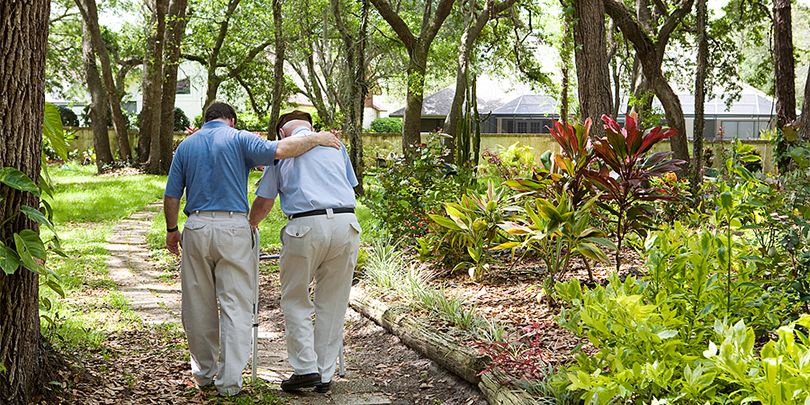
Lack of green space and air pollution in neighbourhoods play a pivotal role in shaping cognitive health – the ability to think, learn and remember clearly over time – and can contribute to developing conditions like dementia, new Australian Catholic University research has found.
Published in Environment International, the research found that where you live – well-planned, destination-rich neighbourhoods with good access to services and green spaces – can reduce the risk of mild cognitive impairment.
Ester Cerin, a world-leading researcher on the environmental and psycho-social determinants of lifestyle behaviours and health across the lifespan, said the study showed neighbourhood characteristics can have a direct impact on developing severe cognitive conditions like dementia.
“This research is one of the few longitudinal studies to examine how the characteristics of our neighbourhood – including its design, availability to amenities, street network, access to nature and air pollution – may influence our cognitive health as we age,” Professor Cerin said.
“These environments encourage physical activity and social interaction, both of which are known to support cognitive health.
Professor Cerin said the study is the first to identify how specific neighbourhood characteristics influence the transition from a healthy cognitive state to mild cognitive impairment, a precursor to more severe cognitive conditions like dementia.
It adds to the growing body of research linking the built environment to brain health in ageing populations.
The research drew on data that tracked a cohort of older Australians over 12 years as part of the ongoing PATH through life study.
“It suggests that the way our cities are built can make a substantial difference to our wellbeing and functionality as we age,” she said.
“We need to balance the built environment with nature to ensure that we get opportunities to engage in stimulating activities as well as relax and breath in clean air.
“What’s good for the planet – compact urban developments, greenery and low levels of emissions – is also good for our brain.”
Professor Cerin said the findings have important implications for urban planning, public health policy, and ageing populations as Australia deals with a growing number of older adults.
FULL STORY
Cognitive health decline in older Australians linked to neighbourhood environment (ACU)






